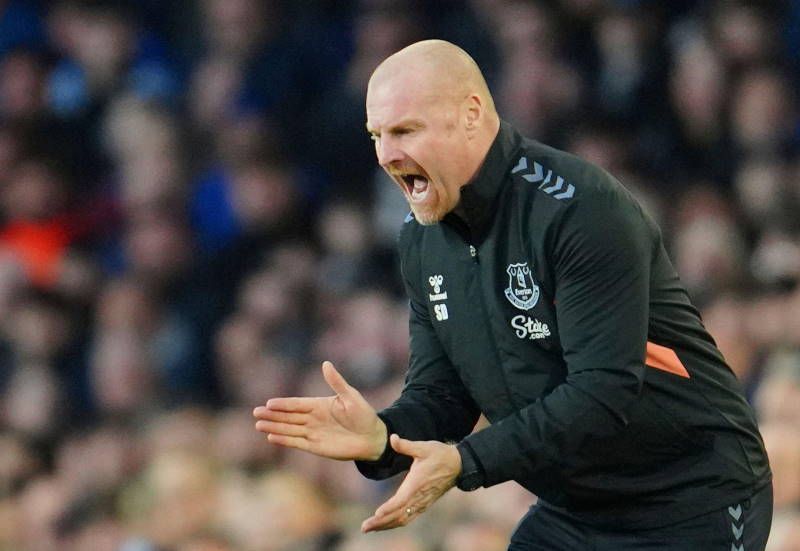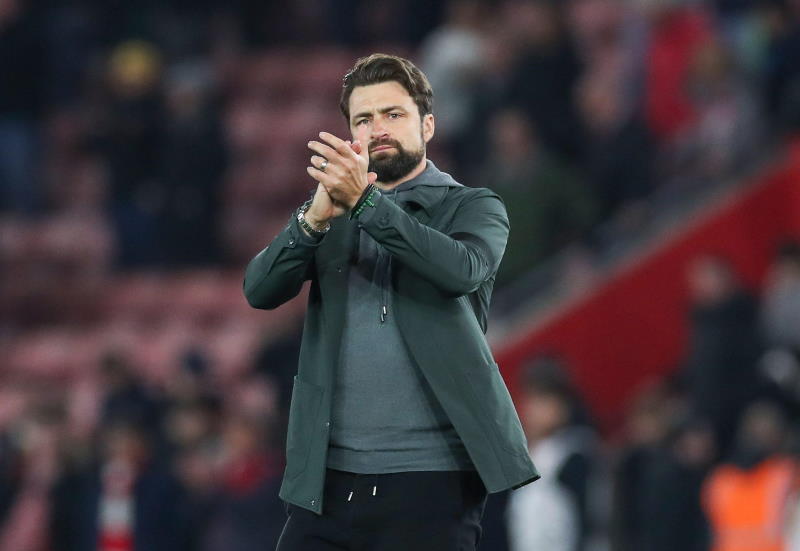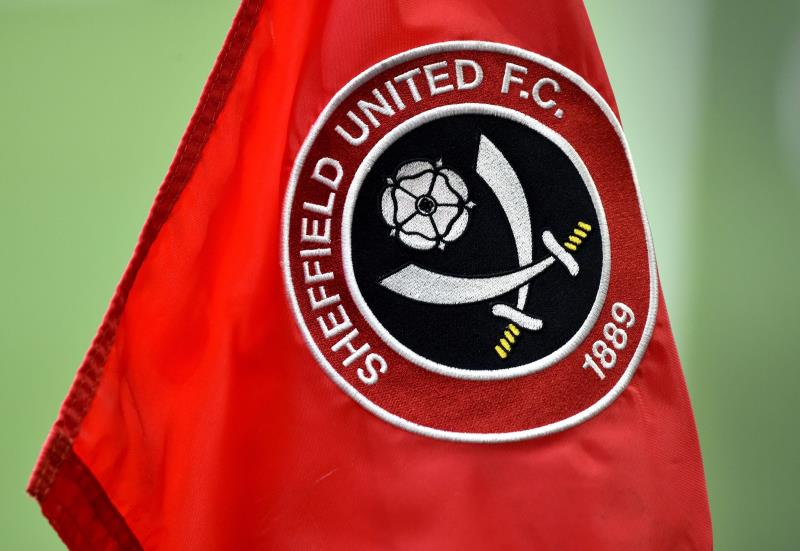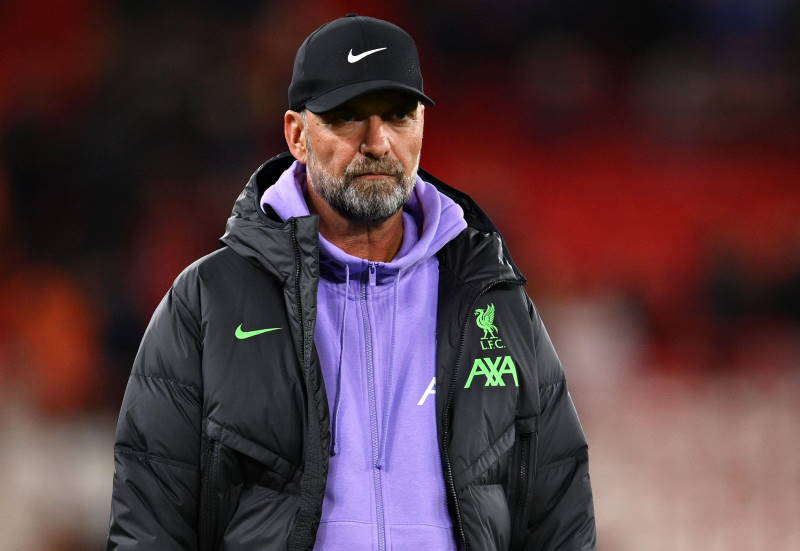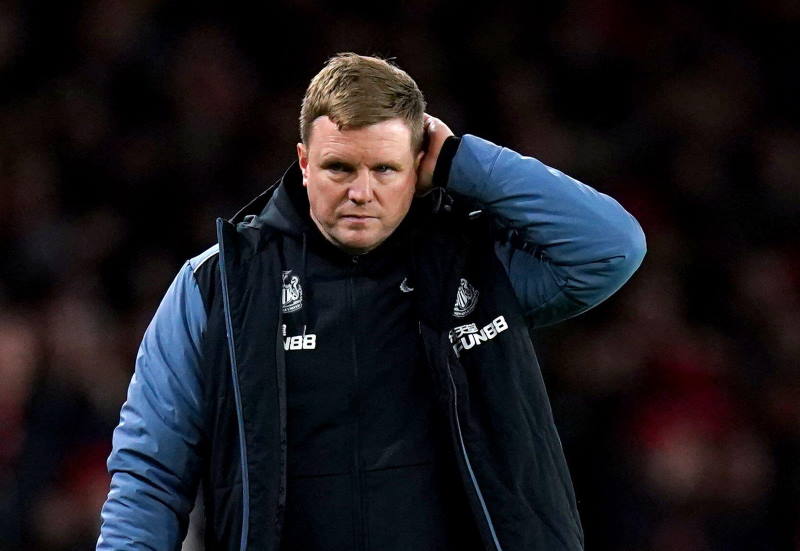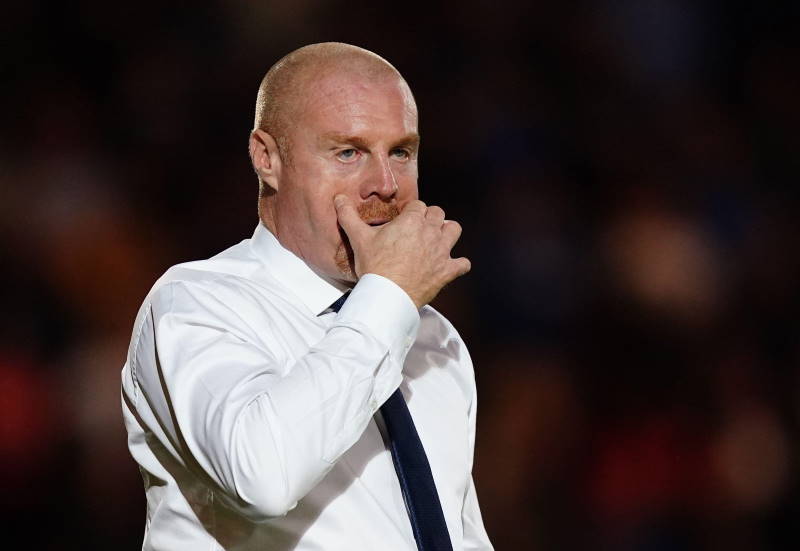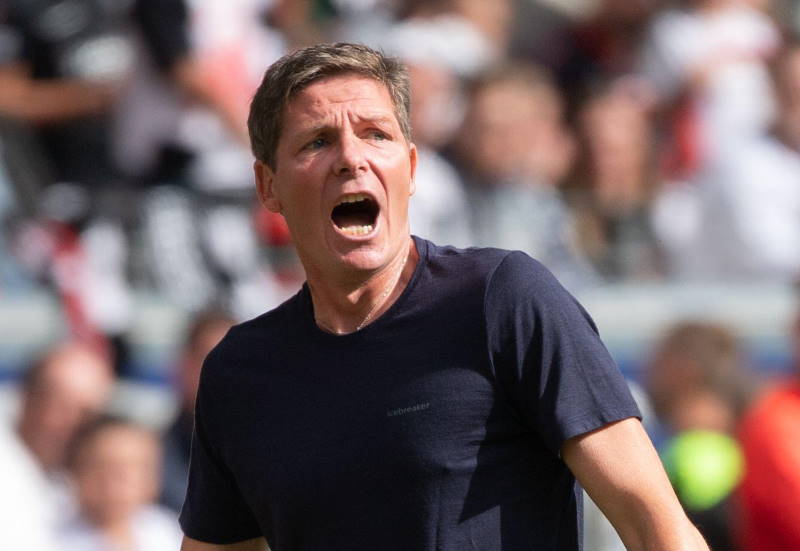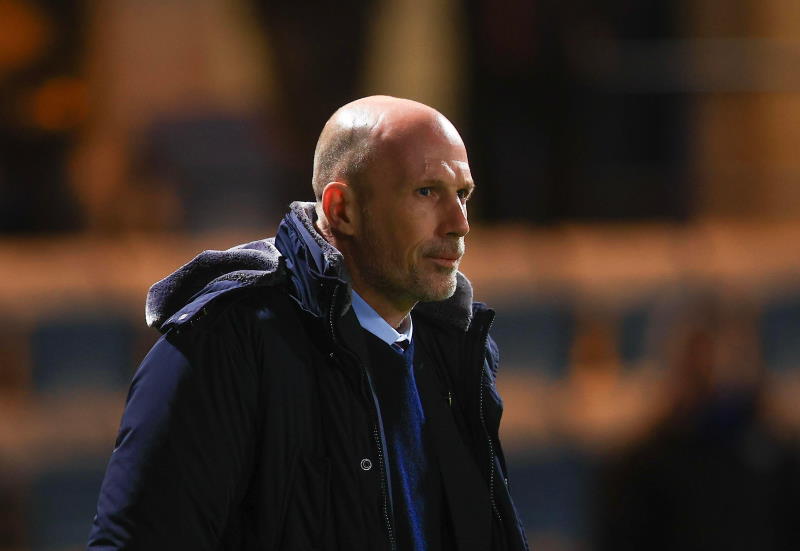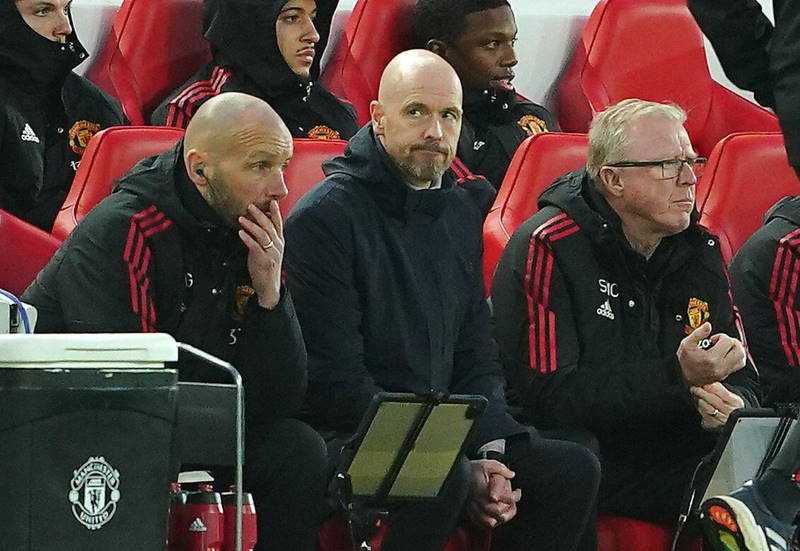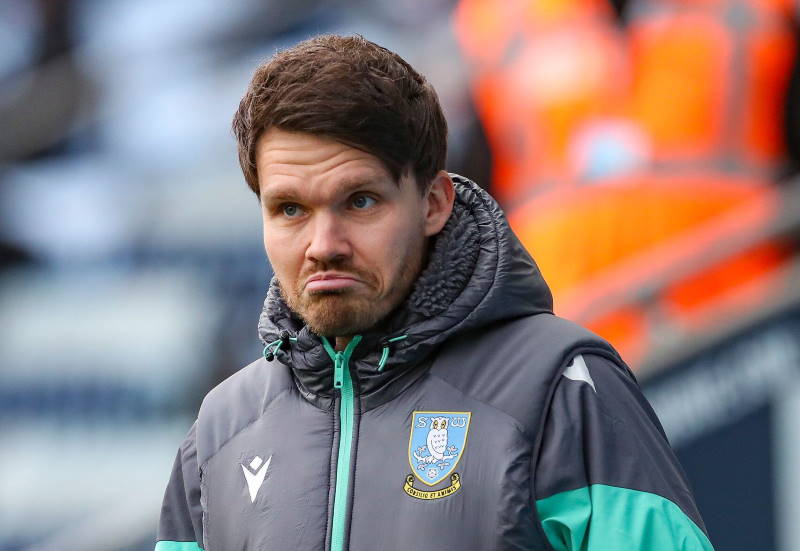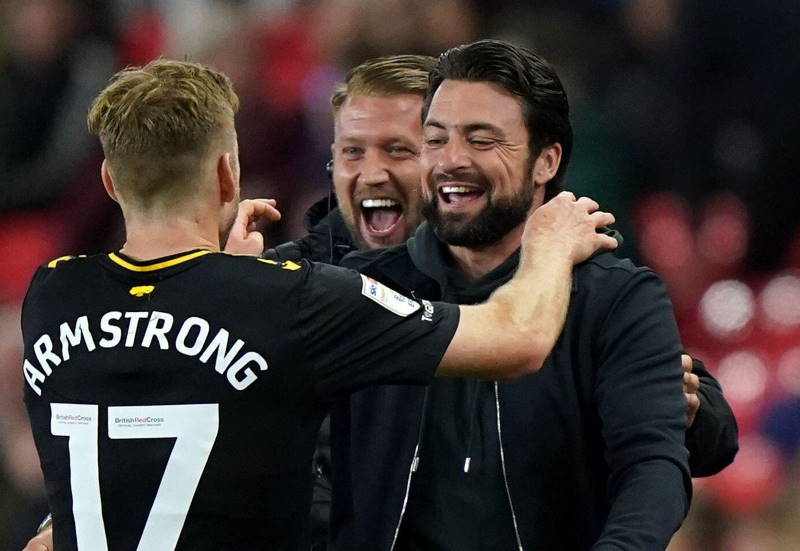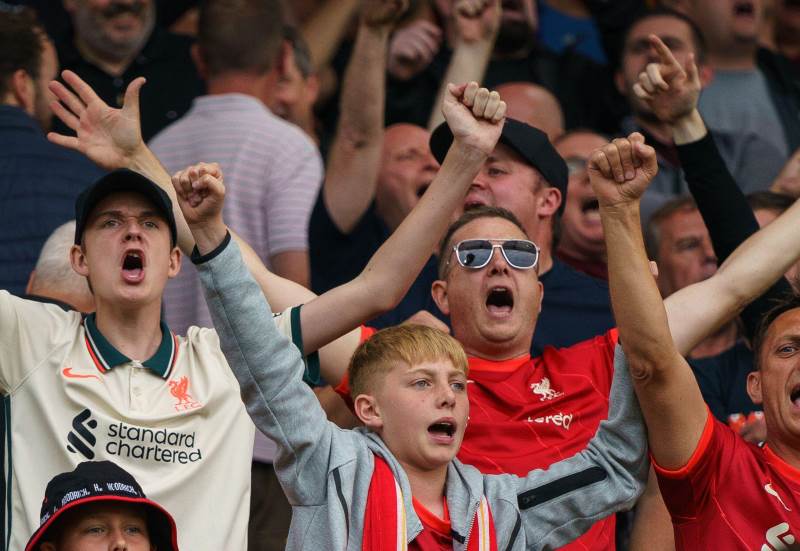
John Welsh
Dario Gradi’s decision to relinquish control of managerial affairs at Crewe Alexandra may at first glance be a reaction to the pressure he has come under of late from home supporters, due to the Gresty Road outfit’s slump. His assistant Steve Davis has become the new manager, but by assuming control of the club’s academy, Gradi and Crewe may have engineered a shrewd move.
Gradi seems to have been the manager of Crewe for an eternity, yet records show that he was officially installed in June 1983. The club had only just escaped the humiliation of being voted out of the Football League and were hoping for some stability after five managerial appointments in as many years.
An initial 24-year reign as manager certainly exceeded expectations, and in that time Gradi built a formidable reputation for developing young players. Over 70 starlets made the transition from the youths to the Crewe first team including Rob Jones, Danny Murphy and Dean Ashton, and were eventually sold for sizeable fees. Ashton, in particular, departed Gresty Road for £3M to Norwich City in 2005, at a time when Crewe were occupying a comfortable mid-table position in England’s second tier, the Championship, and even far-fetched dreams of promotion still lingered.
This move generated criticism from supporters citing the club’s lack of ambition, but Ashton was a promising and ambitious striker guaranteed a Premier League stage at Norwich and Gradi has always pledged never to obstruct a player’s career path. Perhaps on reflection, the fans’ reaction was justified given Crewe’s subsequent plummeting fortunes, with relegation confirmed the following season.
However, attendances at the compact Gresty Road ground have never been sufficient to sustain in a team in the higher levels of the Football League, and the Alex’s income streams have relied on moulding young players for other clubs; outgoing transfer fees have netted the North West outfit nearly £25M during Gradi’s reign – amounts similar sized sides can only envy.
While the Milan-born Gradi has remained at the club since his first resignation in 2007, his successors in the job, Steve Holland and Gudjon Thordarson, barely lasted a season each, with Gradi returning to the hot seat in 2009 with the club back in the fourth tier. Results steadily worsened, but of even greater impact to the club’s status is the planned introduction of the Elite Player Performance Plan (EPPP).
The status quo allows English lower league sides to negotiate a transfer fee for the sale of young players to Premier League clubs, but the EPPP replaces this with a series of grants and payments based on the performance of a club’s academy. Previously, lower league teams relied on player sales for their survival, none more so than Crewe, and it was once even claimed that Gradi earned a percentage of transfer sales.
There has been much criticism that Premier League clubs will now be able to buy as many young academy players as they wish, with fees being capped at £50,000. Initial reaction would suggest this to be the case, but there are other features of the plan which may appeal to Gradi and Crewe.
For example, the EPPP, instigated by the Premier League, is proposing a four-tier category system for club academies. Category one status will be issued to those clubs where the supply of young players to first team status is deemed excellent, guaranteeing funding of £2.5M per year. They will also be able to qualify for reward payments for developing players between nine and 16 years old, while additional fees will be payable to the feeder club once a player has appeared in 100 Premier League matches.
There are other complexities to this plan, but the main aim of the Premier League is to encourage the development of more home grown players. Barcelona, for example, had seven Spaniards in their starting eleven in last year’s Champions League final, and the Catalans also encourage younger teenagers to attend training every day.
Clearly the Spanish system is working and the Premier League is to be admired for trying to extend the development of young English players. While many clubs argue that they may just become feeder outfits for England’s top flight teams, strong academy development can guarantee more frequent revenues and remove the need to rely on the occasional good prospect.
Time will be the deciding factor for the success of the EPPP, but for Crewe, the timing may be ideal and this concept could prove advantageous in the long term.
In Dario Gradi, the Railwaymen have the ideal person to reap any benefits of the new system while entrusting former Nantwich Town boss Steve Davis with first team affairs. Davis played under Gradi at Crewe and has been groomed to take the top job during his role as assistant manager.
Gradi has admitted that he cannot go on forever, and while some cynics may argue that he will be pulling the strings in the background, boasting as he does roles as a director and director of football in addition to his post as head of Crewe’s academy, the strengthening of the Railwaymen’s youth set-up may become a more pivotal job.
Gradi’s enthusiasm and reputation will continue to encourage youngsters from the club’s local area to learn their trade at the Crewe academy, and this change in emphasis for the side’s ever-young coach may yet prove to be a turning point for a team which has lost their way in recent years. Maybe the Crewe production line will be reinvigorated to yield another stream of promising players in forthcoming years.
For Gradi, now in his seventieth year, the challenge of attaining a high academy grading could cement his much deserved legacy at Gresty Road.

